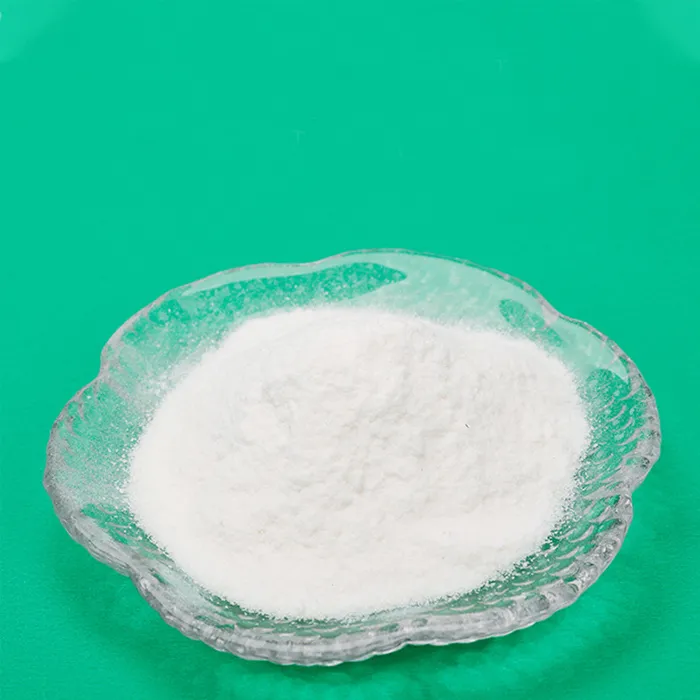The Importance of Cooling Tower Chemicals in Industrial Applications
Cooling towers are essential components in many industrial processes, providing a means of heat exchange between water and air to effectively dissipate undesirable heat generated during operations. However, to ensure their efficient operation and prolong their lifespan, the use of specialized cooling tower chemicals is critical. These chemicals serve various functions, including corrosion inhibition, scaling prevention, algicide and biocide action, and overall water treatment.
Corrosion Inhibition
One of the primary concerns in cooling towers is the corrosion of metal components, including pipes, heat exchangers, and other structures. Corrosion can lead to significant economic losses due to equipment failure and increased maintenance costs. Cooling tower chemicals, particularly corrosion inhibitors, are formulated to create a protective film on metal surfaces, thereby reducing electrochemical reactions that lead to corrosion. Common inhibitors include phosphates, molybdates, and various organic compounds. The choice of inhibitor often depends on the metal composition of the cooling system and the specific operational conditions.
Scaling Prevention
Water that is circulated in cooling towers often contains dissolved minerals, such as calcium and magnesium, which can precipitate as solids upon cooling, leading to scaling on heat exchange surfaces. Scaling can severely impair heat transfer efficiency, increasing energy costs and reducing the overall effectiveness of the cooling tower. Chemical scale inhibitors, such as polyphosphates and organophosphonates, are used to prevent the crystallization of minerals, helping to maintain a clear and efficient system. Regular monitoring and chemical treatment are essential to control scaling in cooling towers.
Biological Control
cooling tower chemicals manufacturer

Biological growth, including bacteria, algae, and fungi, can thrive in the warm, nutrient-rich environment of cooling towers. The presence of these microorganisms can lead to a range of problems, including biofouling, which exacerbates scaling and corrosion issues. Moreover, some bacteria, like Legionella, can pose serious health risks. To combat these threats, cooling tower chemicals often include biocides and algicides that effectively control microbial populations. Common biocides are chlorine, bromine, and non-oxidizing agents like isothiazolinones, which help ensure a clean and safe environment for cooling operations.
Water Treatment and Monitoring
In addition to specific treatments for corrosion, scaling, and biological control, comprehensive water treatment programs are essential for effective cooling tower operation. This includes regular testing and monitoring of water quality parameters such as pH, conductivity, and total dissolved solids (TDS). Manufacturers of cooling tower chemicals often provide analytical services and monitoring equipment to help facilities maintain optimal water conditions. By keeping track of these parameters, operators can adjust chemical dosing accordingly, minimizing costs while maximizing performance.
Choosing the Right Manufacturer
When selecting cooling tower chemicals, it is crucial to partner with a reputable manufacturer. A reliable chemical supplier will not only provide high-quality products but also offer technical support and expertise. They should have a deep understanding of the unique needs of cooling systems and provide tailored solutions accordingly. Furthermore, compliance with environmental regulations and safety standards is essential. A responsible manufacturer will be transparent about the materials used and the impact of their products on the environment.
In conclusion, cooling tower chemicals are vital for the efficient and safe operation of cooling systems across various industries. By addressing corrosion, scaling, and biological growth, these chemicals contribute significantly to maintaining operational efficiency, enhancing equipment lifespan, and ensuring safety. Facilities must prioritize selecting effective chemical solutions and partnering with knowledgeable manufacturers to optimize their cooling tower performance. Through diligence and the right chemical management strategies, industries can achieve substantial savings and improved reliability in their cooling processes.

